Safe & Productive Streets
In a Strong Town, a street is a safe place for people to spend time and build relationships; and a perfect place to put a wealth-generating home or business.
But many of us drive on dangerous stroads that drain our town's economic vitality.
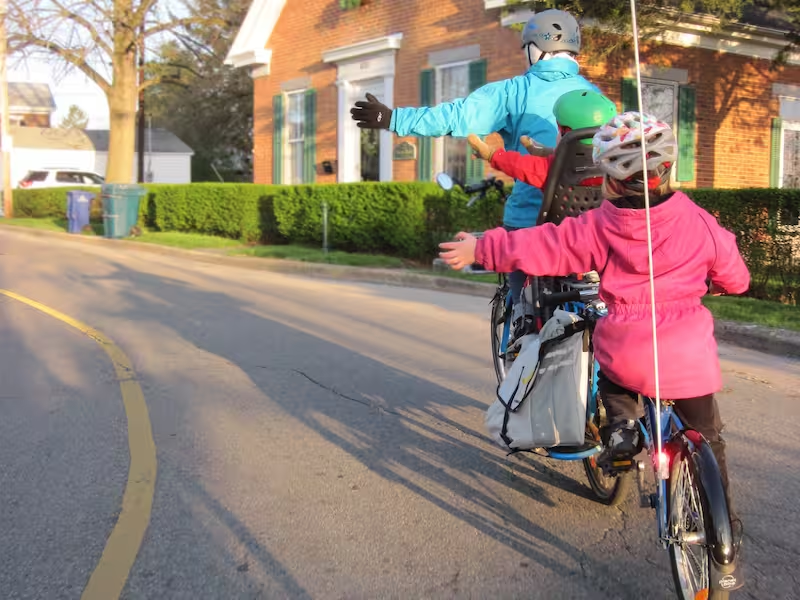
Core Insights
This is because we fundamentally misunderstand these things about streets:
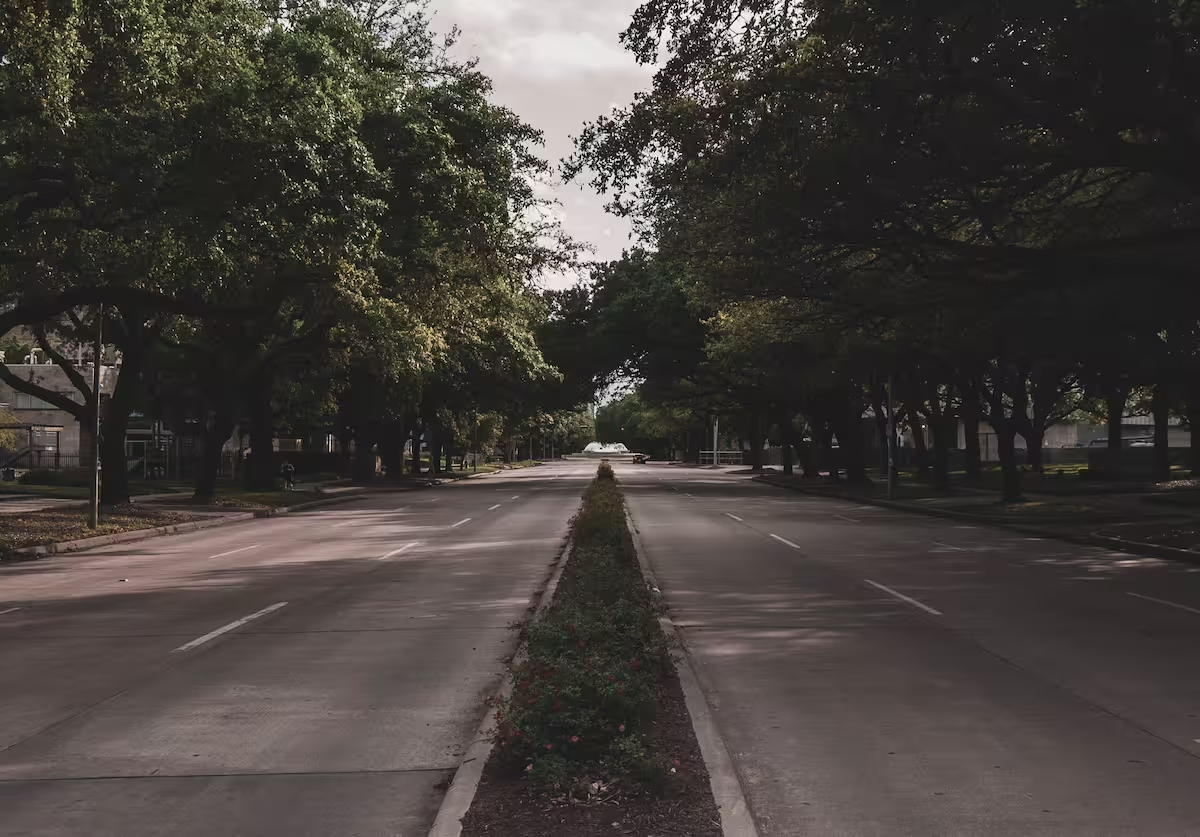
1 / 3
Streets are a liability, not an asset.
Most cities treat streets like assets on a balance sheet. They assume that once a street is built, it adds value to the city. But in reality, a street is a liability. It costs money to build, maintain, repair, plow, light, and police. And unless the adjacent properties generate enough wealth to cover those long-term costs, the city is actually losing money on that street.
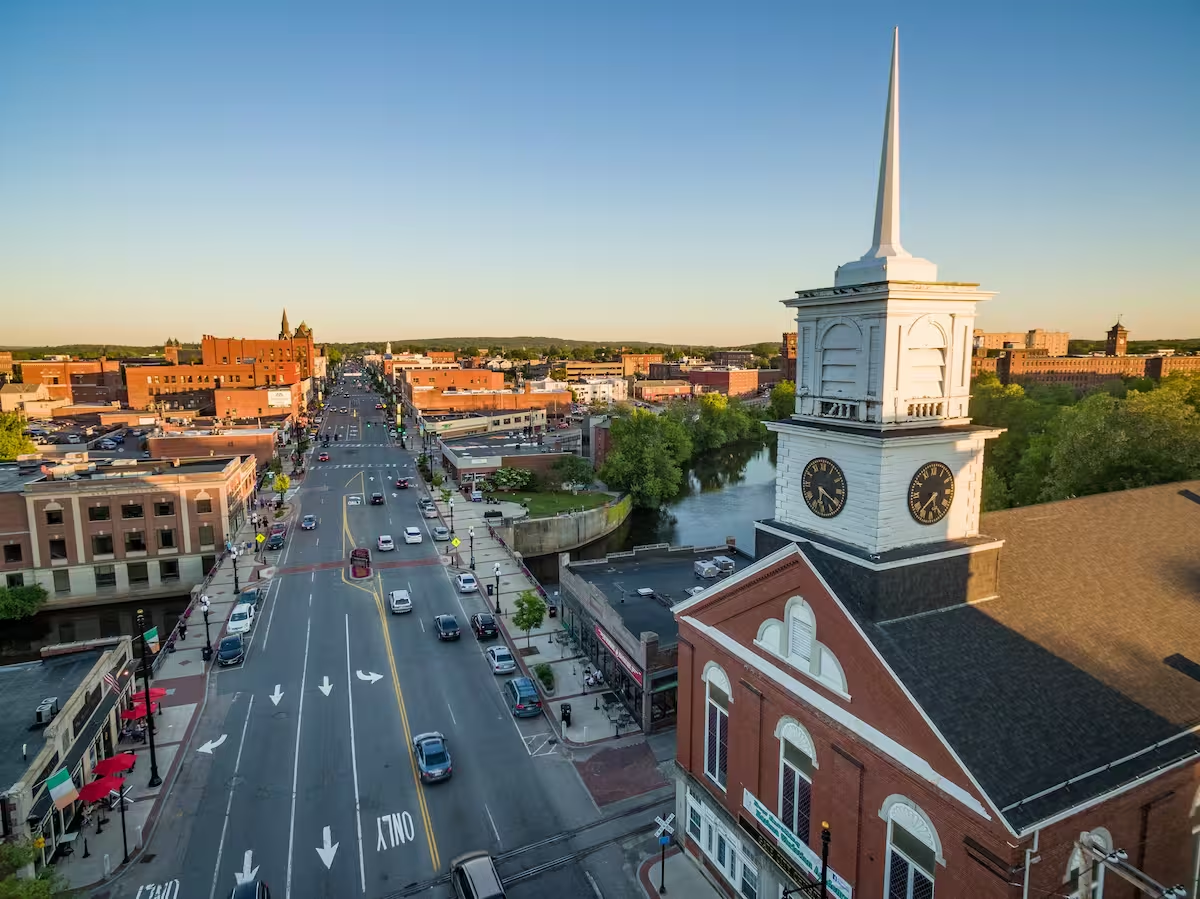
2 / 3
- Street design is the primary factor in crash prevention and safety.
The design of a street is the single most important factor in whether people drive safely or not. It’s not about how many signs you put up, how many tickets the police write, or how many public service announcements you run. If a street is designed to feel like a highway, people will drive it like a highway, even if the speed limit says 25.
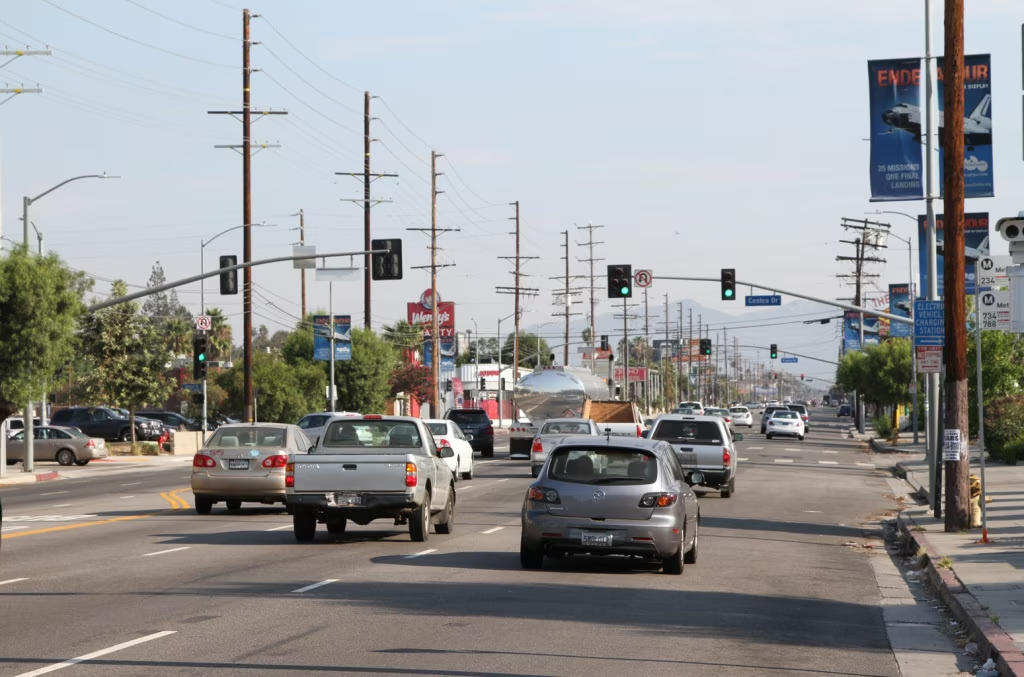
3 / 3
- Streets should prioritize human movement, not automobile movement.
Most of our streets have been designed like roads. They’re optimized for moving cars quickly and efficiently, which often makes them dangerous and unpleasant for everyone else. When we flip the priority and design streets for people first, we get places that are safer, more inviting, and more economically productive. Slower speeds, narrower lanes, more crossings, better lighting, and active frontages all contribute to a street that supports human life and interaction. And ironically, when you do that, even drivers benefit—because the street becomes more predictable and less chaotic.
Latest Stories on Streets

Thanks to persistent local advocacy and city leadership willing to listen, change is finally coming to a dangerous intersection in New Haven, Connecticut.
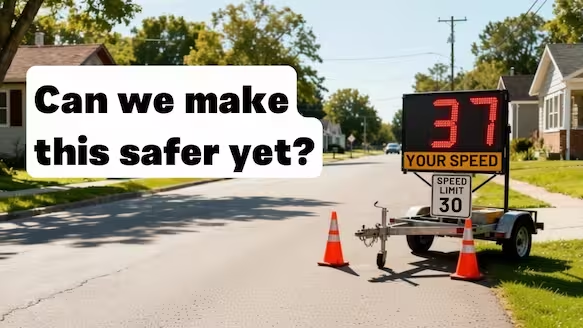
With limited budgets and staff time, cities often reserve their safety interventions for the most dangerous locations. But that doesn't mean other areas are safe.

The notorious Park Avenue in Minneapolis is finally getting some immediate safety improvements, thanks to the efforts of local advocates and county officials willing to step up.
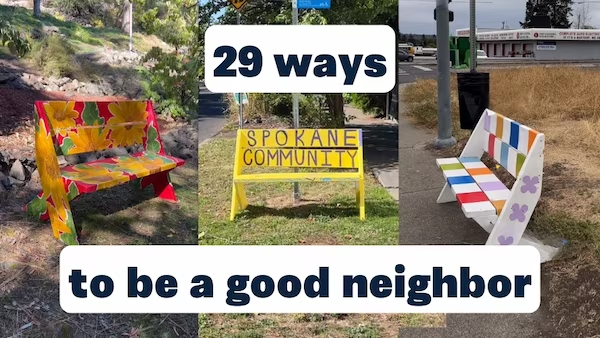
Volunteers in Spokane, Washington, sent a message to city hall last month by building, decorating, and installing 29 bus benches throughout the city.
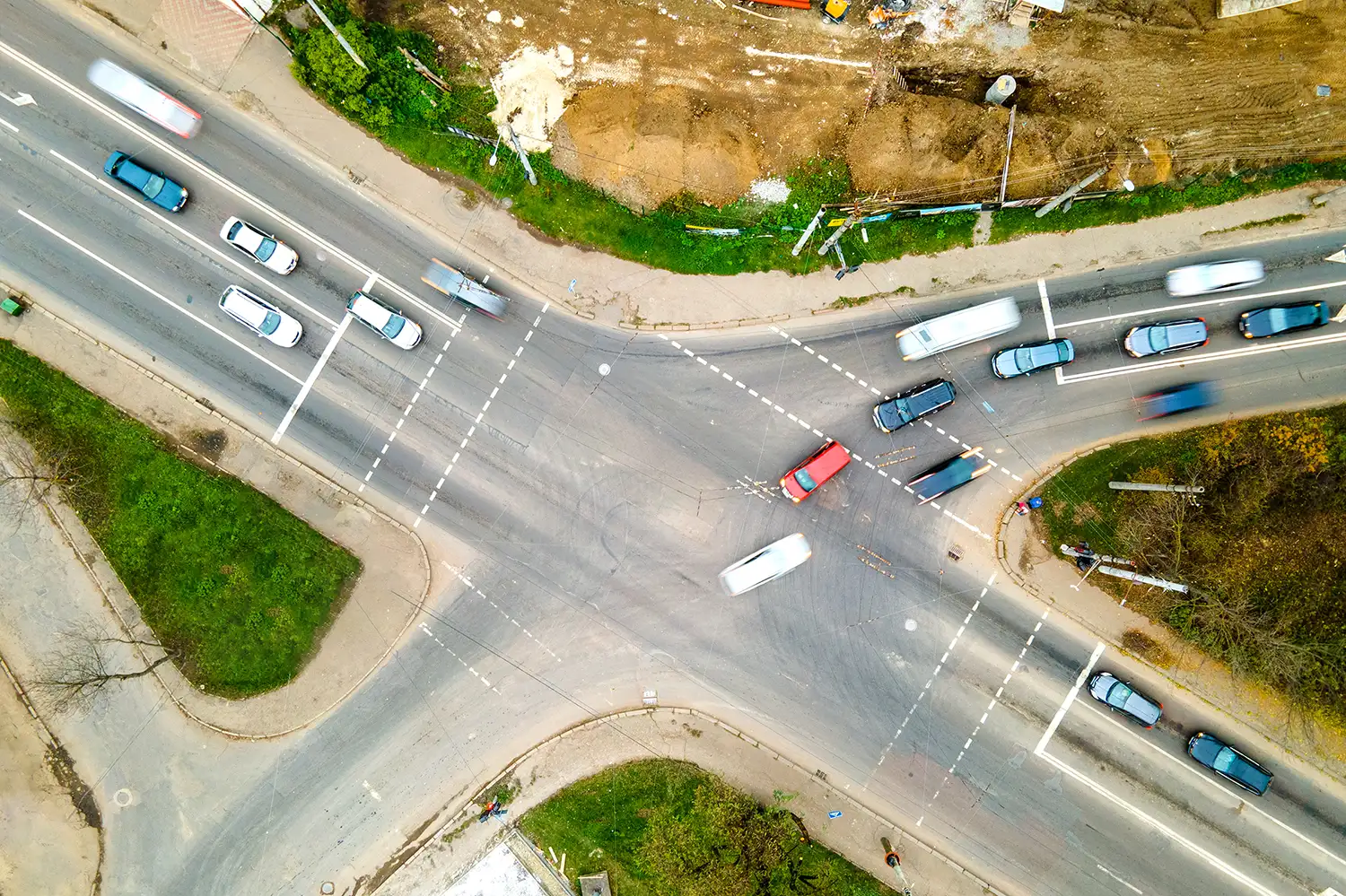
Responsible cities analyze traffic crashes to save lives. Yours can too.
The Crash Analysis Studio is a new model for cities to use when responding to crashes.
Stay updated on safe and productive streets.
Sign up to receive our email newsletter and get the latest new, ideas and insights about safe and productive streets sent straight to your inbox.